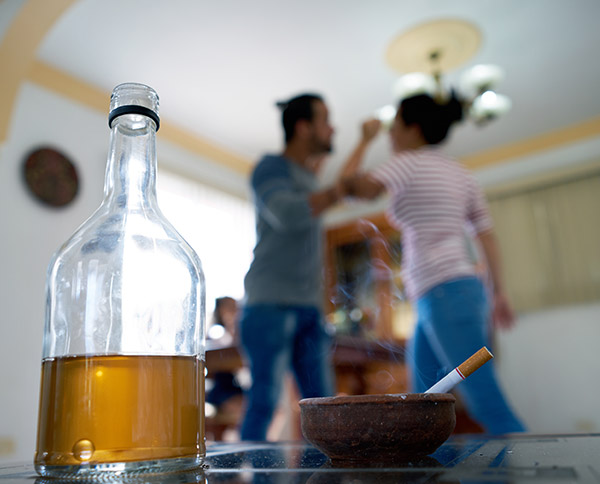If you’re a victim of domestic violence, the first thing you need to know is that you are not alone. Domestic violence laws in Florida and experienced attorneys in Family and Criminal Law are available to hold abusers accountable for their actions and keep you and your family safe.
There are a number of frequently asked questions about domestic violence in Florida. Here is a guide to help you understand what help you can receive and the processes involved in getting out of a dangerous situation as soon as possible.
What is Considered Domestic Violence?
The definition of domestic violence is intentionally broad to give you the most protection. It is meant to help prosecute offenders and upload the rights of victims in a court of law.
According to the Department of Justice, domestic violence is:
“A pattern of abusive behavior in any relationship that is used by one partner to gain or maintain power and control over another intimate partner. Domestic violence can be physical, sexual, emotional, economic, or psychological actions or threats of actions that influence another person. This includes any behaviors that intimidate, manipulate, humiliate, isolate, frighten, terrorize, coerce, threaten, blame, hurt, injure, or wound someone.”
If one or more of these situations applies to you, know there is help available.
Who Can Be an Offender?
The “Partner” listed in the Department of Justice definition is defined by Florida law as a “Household or Family Member” and can include:
- A former or current spouse
- Persons related by blood or marriage
- Persons formally or currently living together as a family
- People (parents) who have a child together — whether they have ever been married or not
Fla. Stat. § 741.28 states clearly that in order to prosecute for domestic violence, the people involved must previously or currently have lived together in the same single dwelling unit to be considered a household member of the family — except if the two people have a child in common.
Aggravated Assault and Battery and Simple Assault crimes in Florida can be prosecuted depending on the situation.
What Are the Penalties and Sentences for Domestic Violence in Florida?
The laws, Florida Statutes Sections 741.28-741.31 and Florida Statutes Section 784.046 include a minimum punishment of five days served in county jail. In addition, the court can also sentence an offender that is convicted to serve a period of imprisonment in a state prison. Depending on the situation, state laws can permit the court to decide on a sentence of probation or community service.
Having an experienced domestic violence attorney is important to help hold offenders accountable to the fullest extent of the law.
A state prosecutor has the right to charge a perpetrator of domestic violence with different types of criminal offenses under Florida law. For example, a domestic violence incident may result in charges of assault and battery, or domestic violence can be charged with an assault. The charge of assault is a second- degree misdemeanor.
It can also, depending on the situation, be charged as aggravated assault — this is a third-degree felony. A charge of battery would either be a first-degree misdemeanor a third-degree felony.
The sentences for these charges have a wide range. If convicted, the individual can face the following:
- Misdemeanors — range from a maximum of sixty days to one year
- Third-degree felony — can result in imprisonment lasting up to five years
- Second-degree felony — can lead to imprisonment for up to fifteen years
If there is an Injunction or Restraining Order in place, Florida may prosecute a domestic violence violation as a first-degree misdemeanor. This could lead to up to one-year imprisonment for the offender.
What Are the Processes in Pursuing Justice and Getting Abusers Off the Street?
An expert attorney in domestic violence law in Florida understands the complexities of Family and Criminal Law. The process starts with the Bond Hearing where the criminal charges will be brought against the offender. During the hearing, the attorney can bring in witnesses to support the case with the goal of convincing the judge to deny bond to get the abuser off the street and keep them off.
There is also another hearing that is often part of the justice process. This is called the Domestic Violence Injunction Hearing, and it is where the judge rules on whether or not to grant an injunction or Restraining Order to keep the abuser physically away from you. Once the petition for the Injunction or Restraining Order is filed, you will need to attend your court date. This is an extremely important part of the process in pursuing justice against domestic violence offenders.
Taking the Next Steps
No one should ever have to deal with abuse. If you’re in this position, don’t delay. Know you are not alone and that there are experienced attorneys in Family and Criminal Law that can help. Dean Tsourakis is dedicated to helping people and committed to your case each step of the way.
on Apr 16, 2018

